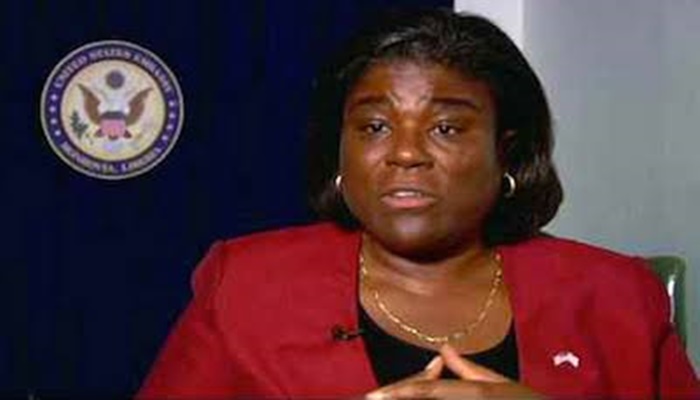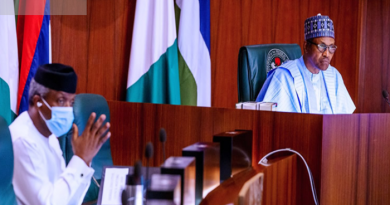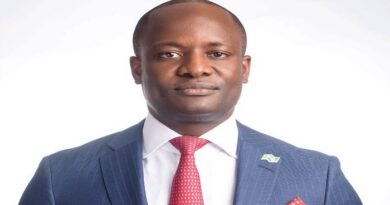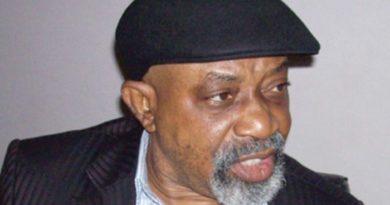2019: US institutes express fears over Nigerian general elections
Two political institutes in the United States of America have expressed worries over the 2019 general elections.
The institutes said Nigeria’s persistent insecurity and the perception about the lack of neutrality on the part of security forces could undermine voter participation and confidence in the outcome of next year’s polls.
The US-based National Democratic Institute (NDI) and the International Republican Institute (IRI) made their fears known on Wednesday in Abuja at the unveiling the report of their 3rd joint pre-election assessment mission to Nigeria.
Speaking, the lead delegate of the joint assessment team, Linda Thomas-Greenfield, said: “The delegation notes the positive efforts being made to conduct more transparent, accountable and inclusive elections, but confidence in the process and the outcome of the elections could still be undermined.
“Irresponsible political rhetoric threatens to weaken public confidence in Nigeria’s electoral institutions and potentially incite violence. Widespread concerns about vote-buying, illegal voting, and efforts to compromise the secrecy of the vote on election day could lead to the rejection of election results or post-election violence.
“Further, given Nigeria’s persistent insecurity, perceptions about the lack of neutrality on the part of security forces could undermine participation in the election and confidence in the outcome despite assurances to the contrary.”
Thomas-Greenfield, who is an ex-US Assistant Secretary of State (African Affairs), said the pre-election delegation have heard Nigerians express strong commitment to democracy and of continued efforts to improve the country’s electoral process.
Against that backdrop, she stated that if the 2019 general elections turned out credible and peaceful, it could further consolidate the nation’s democratic institutions, and Nigeria would continue to serve as an example for the African continent.
The lead delegate also warned: “However, if the polls are not seen as sufficiently transparent, accountable, and inclusive by Nigerians or marred by violence, it could undermine past democratic gains, erode Nigerians’ trust units democratic system, and threaten democratic progress across the region.”
She added that while past elections have had their challenges, significant improvements in 2011 and 2015 generated high expectations for the quality of the 2019 electoral process.
“The presidential and gubernatorial elections, in particular, we expect to be closely contested. More than 70 candidates will be vying for the nation’s top office, including incumbent President Muhammadu Buhari of the All Progressives Congress (APC), former Vice-President Atiku Abubakar of the People’s Democratic Party (PDP), a number of new challengers, including women presidential candidates,” she said.
Speaking also, another member of the delegation, Lewis Lucke, urged the Independent Electoral Commission, INEC, to ensure its guidelines for the 2019 elections were consistent with the existing legal framework and share these widely with political parties and observers in a timely manner.
He appealed to security forces to go above and beyond to assure the public that they are professional and neutral.
Lucke, an ex-US Ambassador to Swaziland, said: “Negotiating and signing agreements are just the first step; political parties and their candidates must also hold party members and supporters accountable for violations.
“Political parties and candidates should also run issues-based campaigns, abstain from using and openly condemn tactics that incite violence, such as hate-speech and disinformation; and actively discourage voter inducement, such as vote-buying and other coercive tactics.
“All candidates should publicly commit to respecting the outcome of elections and to settle electoral disputes in the courts. This commitment will reduce tensions in the lead up to the elections and deter violence when election results are counted and released to the public.




